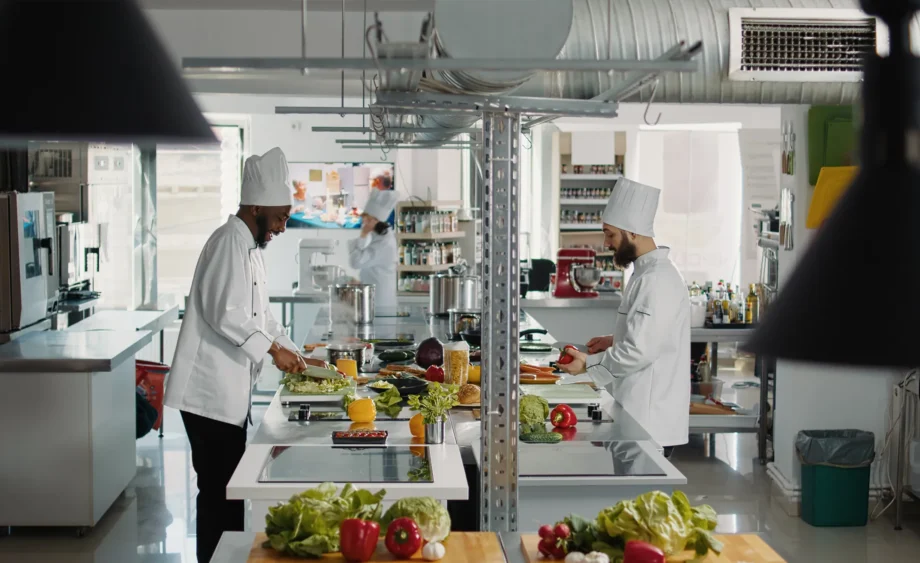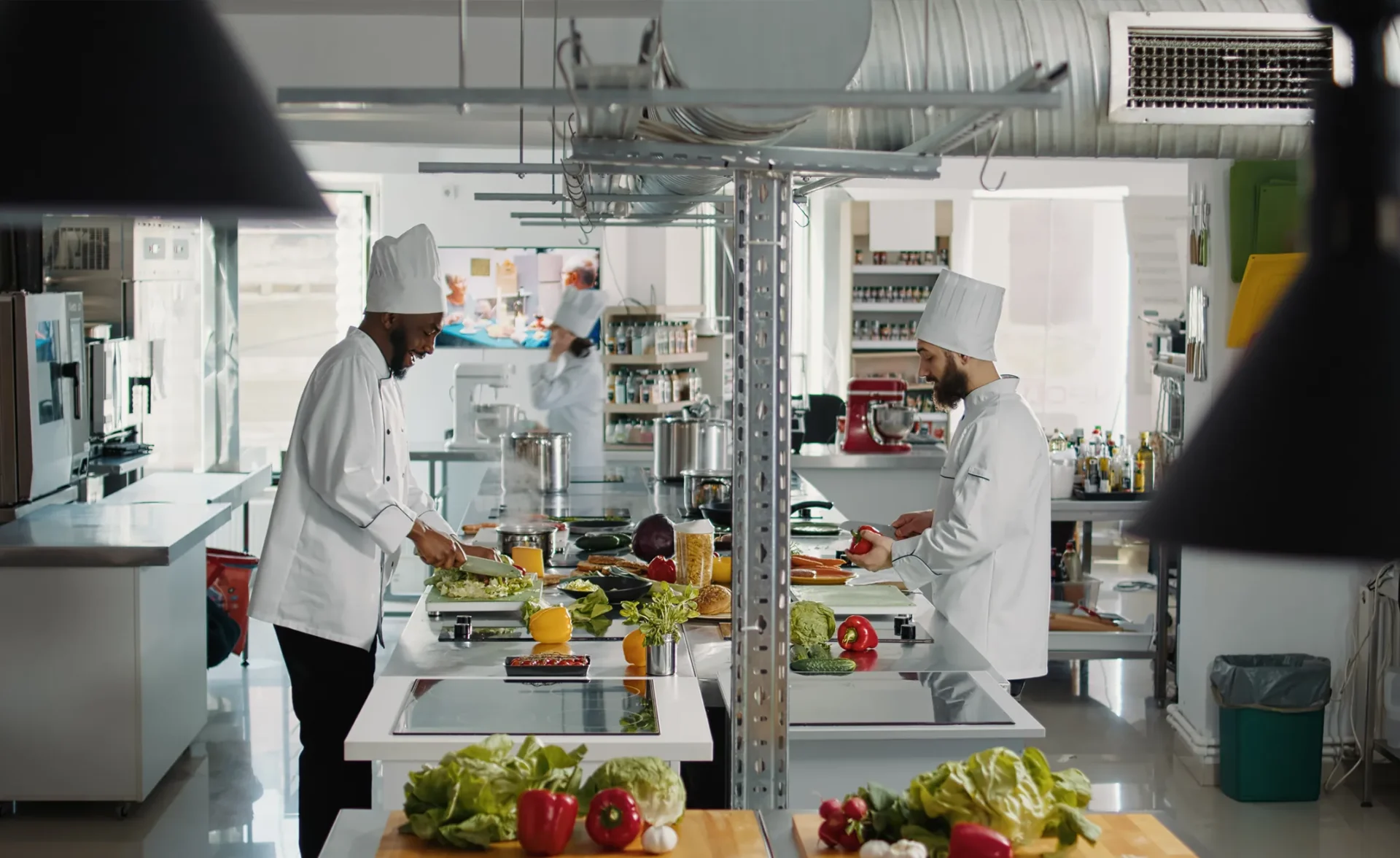In an era where convenience reigns supreme and digital ordering platforms are on the rise, the concept of delivery-focused cloud kitchens has emerged as a game-changer in the restaurant industry. These streamlined, cost-effective operations are reshaping the way food is prepared, served, and delivered to consumers, offering unparalleled profitability and operational ease compared to traditional brick-and-mortar restaurants. Let’s delve into the significance of delivery-focused cloud kitchens, how they accommodate multiple brands from a single kitchen, and the role of food aggregators like Zomato and Swiggy in helping these kitchens reach customers easily.
The Rise of Delivery-Focused Cloud Kitchens
Delivery-focused cloud kitchens, also known as ghost kitchens or virtual kitchens, are commercial cooking facilities that cater exclusively to delivery orders. Unlike traditional restaurants with dine-in spaces, these kitchens operate in centralized locations, often in industrial areas or commercial complexes, where they can efficiently fulfill orders for multiple brands or concepts. With the surge in demand for food delivery services driven by changing consumer habits and the proliferation of online ordering platforms, delivery-focused cloud kitchens have emerged as a cost-effective solution for meeting the growing demand for restaurant-quality meals delivered straight to consumers’ doorsteps.
Profitability: A Cost-Efficient Model
One of the key advantages of delivery-focused cloud kitchens is their inherent cost-efficiency compared to traditional restaurants. By eliminating the need for prime real estate, dining space, and front-of-house staff, cloud kitchens significantly reduce overhead costs, allowing operators to allocate resources more efficiently and maximize profitability.
Additionally, the ability to operate multiple brands or concepts from a single kitchen space enables operators to diversify their revenue streams and capture a larger share of the market without the expense of opening multiple physical locations. As a result, delivery-focused cloud kitchens offer a higher potential for profitability with lower upfront investment and operating costs compared to traditional restaurants.
Operational Ease: Streamlined Efficiency
Another significant advantage of delivery-focused cloud kitchens is their streamlined operational model, which allows for greater efficiency and flexibility in meeting customer demand. With centralized kitchen facilities and dedicated staff focused solely on food preparation and order fulfillment, cloud kitchens can optimize workflow, minimize wait times, and ensure consistent quality across all orders.
Moreover, the integration of technology, such as order management systems and kitchen automation tools, further enhances operational efficiency and enables operators to track and manage orders in real-time. This streamlined approach not only improves customer satisfaction but also reduces operational complexities and overhead, making delivery-focused cloud kitchens a more viable and scalable option for aspiring restaurateurs.
Multiple Brands from a Single Kitchen
One of the unique features of delivery-focused cloud kitchens is their ability to accommodate multiple brands or concepts from a single kitchen space. By leveraging shared infrastructure and resources, operators can launch and operate multiple virtual restaurant brands simultaneously, each catering to different culinary niches or target demographics.
This multi-brand approach enables operators to maximize kitchen utilization and revenue potential while offering consumers a diverse range of dining options to choose from. Whether it’s gourmet burgers, authentic Mexican cuisine, or plant-based bowls, delivery-focused cloud kitchens empower operators to experiment with new concepts and capitalize on emerging food trends without the constraints of traditional brick-and-mortar establishments.
The Role of Food Aggregators
In addition to their cost-efficiency and operational ease, delivery-focused cloud kitchens benefit from the widespread adoption of food aggregators like Zomato and Swiggy. These platforms serve as digital marketplaces connecting consumers with a diverse array of restaurants and cuisines, including delivery-focused cloud kitchens.
By partnering with food aggregators, cloud kitchens can leverage their extensive reach and marketing capabilities to reach a broader audience of potential customers and drive orders through their online platforms. This symbiotic relationship enables cloud kitchens to scale their operations rapidly and establish a strong online presence without the need for extensive marketing efforts or storefront visibility.
Conclusion: Embracing Innovation in the Restaurant Industry
The delivery-focused cloud kitchens represent a revolutionary shift in the way food is prepared, served, and consumed in the digital age. With their cost-efficient model, streamlined operations, and potential for scalability, these virtual kitchens offer unparalleled profitability and operational ease compared to traditional restaurants. By accommodating multiple brands from a single kitchen and leveraging food aggregators like Zomato and Swiggy to reach customers easily, delivery-focused cloud kitchens are reshaping the restaurant industry landscape and setting new standards for culinary innovation and customer convenience. As the demand for food delivery continues to grow, delivery-focused cloud kitchens are well-positioned to thrive in the competitive and ever-evolving food service market.





